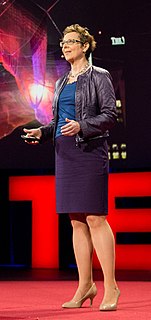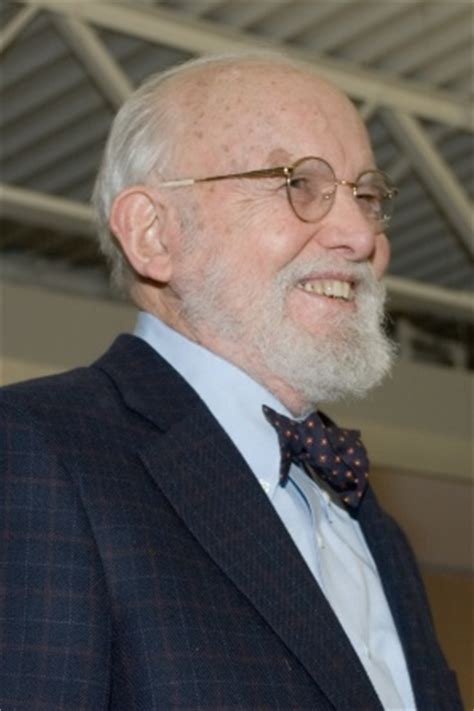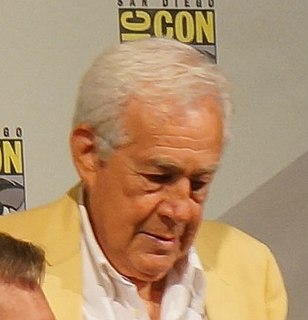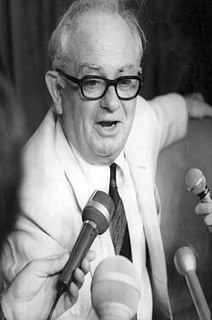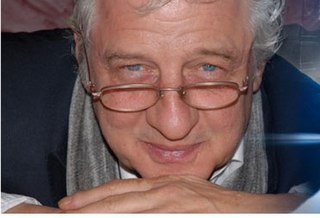A Quote by Janet Echelman
My whole career I've been interested by the distinction between an emotional and an intellectual response to an artwork.
Quote Topics
Related Quotes
I wanted to make an artwork that really underlined the contradiction between how machines see and how humans see. Because music is so affective and is just as corporeal as it is cerebral, I thought coupling a music performance with machine vision adds up to something that work on an emotional, aesthetic, and intellectual level.
I'm interested in the way the whole cultural landscape can shift over time. Okay, this will seem like a silly example, but look at the whole discourse around "selling out," a concept people say is irrelevant because there's no more distinction between mainstream and underground, inside and outside (which I don't really believe, but that's another issue).
For years I have told my students that I been trying to train executives rather than clerks. The distinction between the two is parallel to the distinction previously made between understanding and knowledge. It is a mighty low executive who cannot hire several people with command of more knowledge than he has himself.
Whenever I work on an album and the time comes to do all the artwork, the only thing I think of is the LP artwork. When we worked on the 'Electric Trim' artwork, we spent weeks and weeks making the LP artwork great, and then the CD artwork came together in a day or two. The LP is what's important to me.
